Adobe battles fake photos with editing tags
Photoshop will include new tagging tools later this year to help fight against misinformation and deep fakes

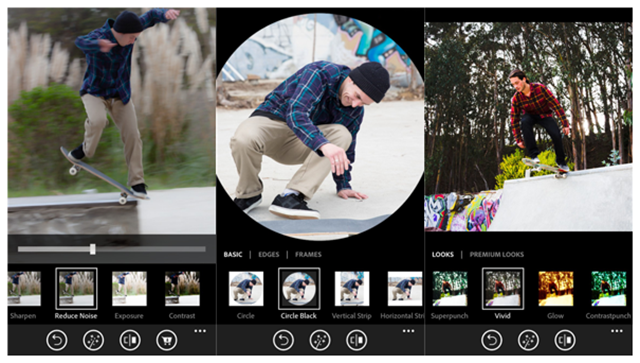
Adobe has announced it will start tagging Photoshopped images as having been edited, to help push back against misinformation.
The software maker's digital image editing tools will feature the technology in a preview version later this year, the company told WIRED, under a previously detailed Content Authenticity Initiative (CAI).
The system will add a tag to metadata showing the provenance of an image, such as which camera took it or whether it was edited. That data will be cryptographically signed so it can't be altered or removed, letting someone viewing the image track its history through metadata.
“We imagine a future where if something in the news arrives without CAI data attached to it, you might look at it with extra skepticism and not want to trust that piece of media,” project leader Andy Parsons told the magazine.
The aim is to make it easier for content creators to label their work as authentic and claim it as their own, giving the rest of us an extra signal that an image can be trusted. "Currently, creators who wish to include metadata about their work (for example authorship) cannot do so in a secure, tamper-evident and standard way across platforms," an Adobe white paper on the system notes. "Without this attribution information, publishers and consumers lack critical context for determining the authenticity of media."
Adobe has already been working with Twitter on the project, which could see images posted to social media tracked via the tags, helping to make it easier to spot falsified images and to highlight pictures that aren't what they claim to be, something Twitter has already started doing with posts about elections and public health.
The move comes amid wider concerns about misinformation spread via social media during the pandemic and ahead of the US election, with tech firms laying out their plans for how they intend to battle falsehoods and promote correct data in the months running up to the vote.
Sign up today and you will receive a free copy of our Future Focus 2025 report - the leading guidance on AI, cybersecurity and other IT challenges as per 700+ senior executives
But photos and video add an extra dimension in the battle against misinformation and propaganda, especially with the rise of deep-fake technologies that make it easier to convincingly falsify such content.
Whether the Adobe system can help push back against such concerns remains to be seen, but the CAI technology may have to be used more widely than specialist, expensive software like Photoshop to make much of a dent, as that's not how most people edit an image before posting it online.
Freelance journalist Nicole Kobie first started writing for ITPro in 2007, with bylines in New Scientist, Wired, PC Pro and many more.
Nicole the author of a book about the history of technology, The Long History of the Future.
-
 Warning issued over “incomplete” fix for Adobe ColdFusion vulnerability
Warning issued over “incomplete” fix for Adobe ColdFusion vulnerabilityNews An incomplete fix for a vulnerability disclosure could be placing users at risk, researchers warned
-
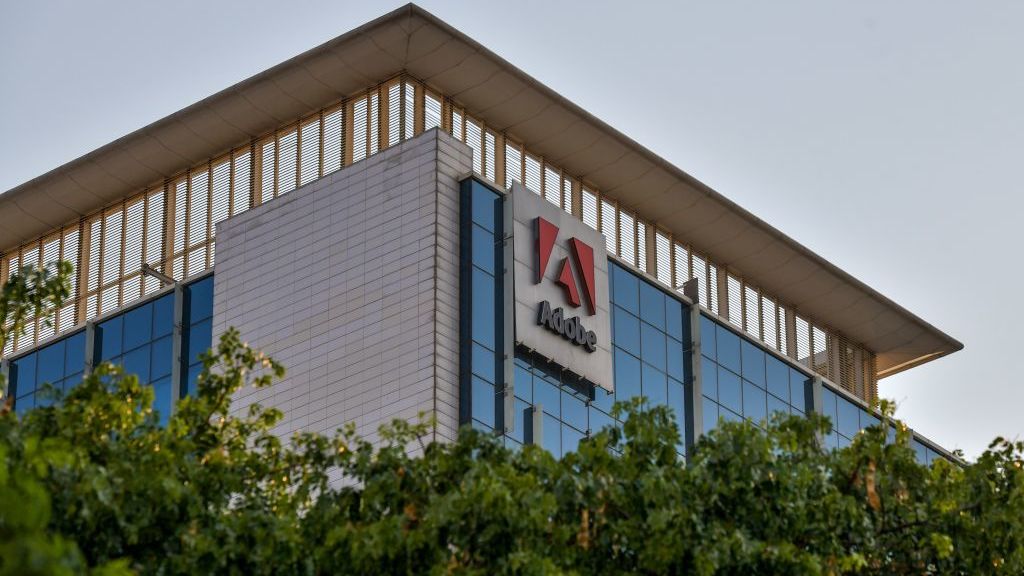 Adobe forced to patch its own failed security update
Adobe forced to patch its own failed security updateNews Company issues new fix for e-commerce vulnerability after researchers bypass the original update
-
 Ask more from your CMS
Ask more from your CMSWhitepaper How to get the most value in the shortest timespan
-
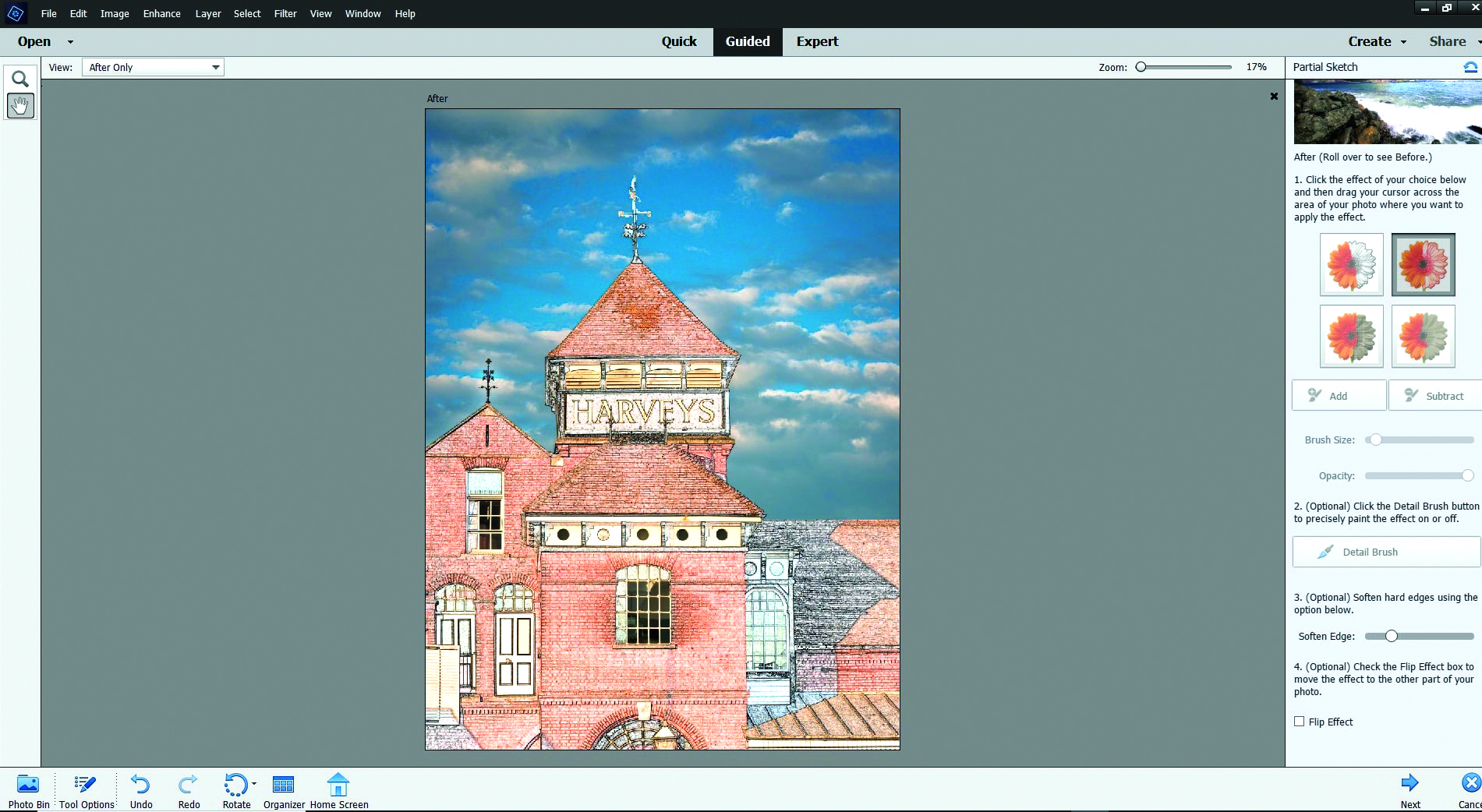 Adobe Photoshop Elements 2019 review: Trapped in the photo-editing middle ground
Adobe Photoshop Elements 2019 review: Trapped in the photo-editing middle groundReviews A once peerless beginner’s photo-editing package that’s past its prime
-
 How Adobe saved BT £630,000
How Adobe saved BT £630,000Sponsored Adobe’s digital signature platform is saving time and money - and forging stronger connections between businesses and customers
-
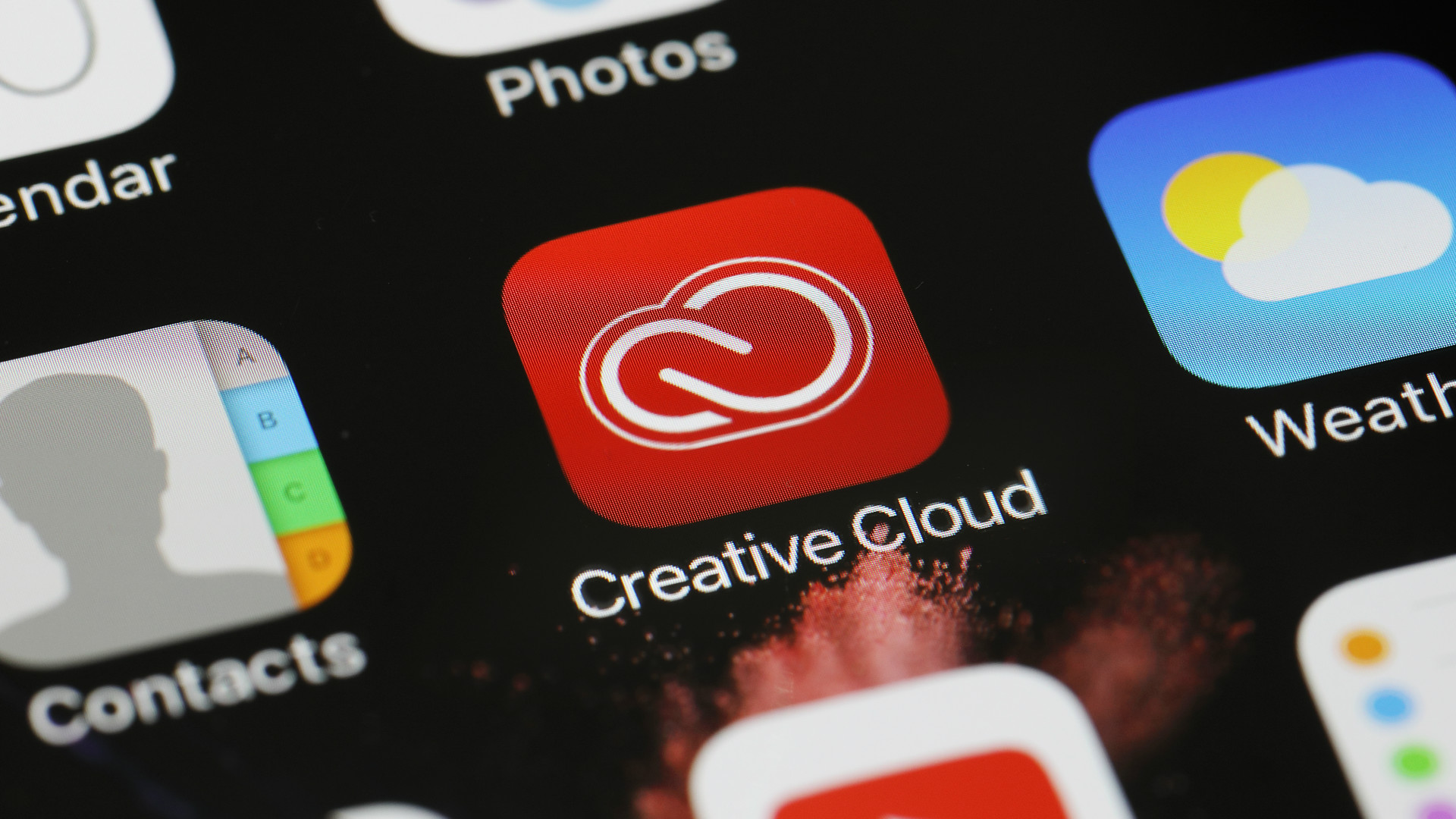 Don't settle when it comes to creativity
Don't settle when it comes to creativitySponsored Getting the best out of your creative design team means equipping them with the best software
-
 The benefits of a subscription service
The benefits of a subscription serviceSponsored Why software vendors are increasingly moving to a subscription model
-
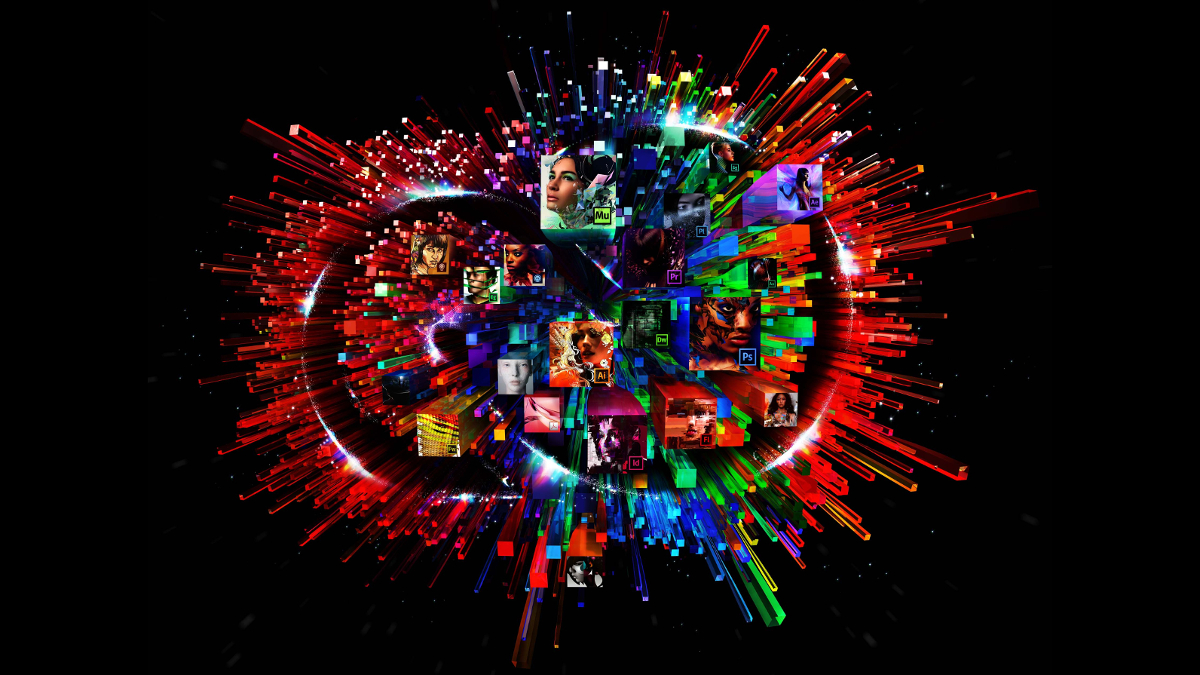 Brexit: Adobe Creative Cloud hikes prices up 11%
Brexit: Adobe Creative Cloud hikes prices up 11%News Currency changes continue to bite British software buyers


